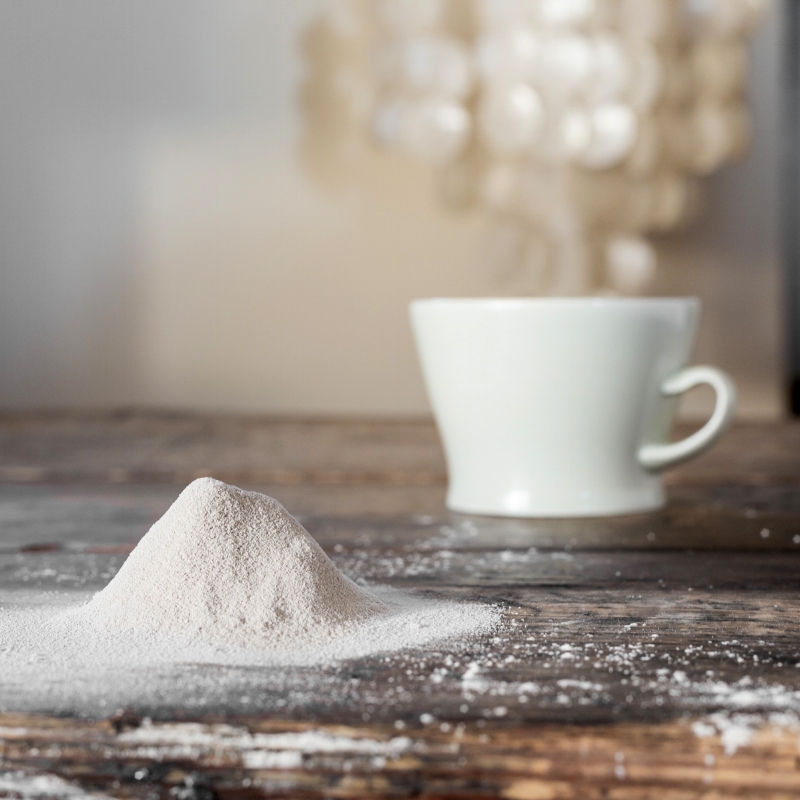My wife once said that amongst the many noble reasons that I became a teacher, it was also because I don't like to be told what to do.
This has never occurred to me before, but she's probably right. Teachers spend most of their day deciding how and when and what they will do. There is curriculum, of course, and procedures and schedules, but in the end, teachers dictate the course of each day.
It occurs to me that perhaps this is one of the reasons why I struggle to find faith as well, particularly in light of the Catholic Church's recent announcement on how to handle the ashes of the cremated (though they continue to stress that burial is preferable to cremation):
Ashes must be kept “in a holy place, that is a cemetery or a church or in a place that has been specifically dedicated to this purpose. The conservation of ashes in the home is not allowed."
“Furthermore, in order to avoid any form of pantheistic or naturalistic or nihilistic misunderstanding, the dispersion of ashes in the air, on the ground, on water or in some other way as well as the conversion of cremated ashes into commemorative objects is not allowed.”
I'm not Catholic, but this still annoy me.
The words "is not allowed" repulse me.
The rationale ("...to avoid any form of pantheistic or naturalistic or nihilistic misunderstanding") is essentially admitting to a fear that cremation and the spreading of ashes might lead people to believe that religion need not be so codified, structured, and authoritarian.
The decision over how a person's remains will be handled following their death should absolutely be made by the deceased. Death is hard enough without a church adding complication, unnecessary specificity, or guilt to the process by supposing that God would give a damn about how a person's atoms are returned to the universe.
I don't believe in God (despite my desire to do so). I don't speak or pretend to know God. But I am nevertheless fairly certain that if God exists, the disposal of a soul's earthly vessel is not on his radar.
And what about all the Catholics who have come before this edict? What about all the believers who have had their ashes spread over hill and dale? Were they given the stink eye by God upon their arrival in Heaven? Has their decision caused unhealthy levels of pantheism or naturalism or nihilism their loved ones? Have they doomed their family members to a lifetime of doubt?
This whole business strikes me as unnecessary, silly, and a little cruel. Also, Elysha is right. I can't stand it when someone tries to tell me or anyone else what to do.

